On Quiet Protagonists: A Guest Post from Jack Cheng
Today’s guest post comes to us with a topic near and dear to my own heart. To know me now, you might not realize that I was a supremely quiet kid. Never raised my hand. Spoke next to never in school. But what kinds of kids did I prefer to read about in my books? Did I incline towards the quiet kids like myself or was I more attracted to the brassier, bolder heroes? I think it was a little bit of both, but I hadn’t seriously sat down and considered the question until I read this piece that author Jack Cheng has presented to us today.
Jack is the author of the 2023 middle grade novel The Many Masks of Andy Zhou, a title that Kirkus called a, “perceptive coming-of-age tale that captures the joys and complex anxieties of middle school,” and of which PW said, “the message of becoming one’s authentic self comes through loud and clear.” Today, he presents to us some thoughts on writing advice, and his own personal journey with his characters.
ADVERTISEMENT
ADVERTISEMENT
Some advice I’ve heard given to apprenticing children’s authors is this: If in the midst of an early draft you find your main character’s spotlight being stolen by another character, make them the main character.
It’s generally good advice. We want our protagonists to be dynamic, to yearn for something and pursue it with enthusiasm, overcoming setbacks and learning hard lessons, emerging from conflict transformed for the better.
The trouble with this advice is that “dynamic” is often conflated with “extroverted”—and those scene-stealing characters tend to be the latter. A quieter protagonist gets de-centered from the story, knocked into the orbit of someone else’s sun.
To be clear: I’m not speaking ill of extroverted heroes. Alex, the protagonist of my debut middle grade novel, See You in the Cosmos, is one of these characters. And for my quiet ten-year-old self to be able step into Matilda’s unabashedly righteous shoes was vital. That character was a mask I could wear, every bit as powerful as the physical masks disguising my favorite superheroes. Matilda allowed me to play-act someone loud and outspoken, who had no trouble voicing their thoughts in front teachers and classmates, bullies be damned.
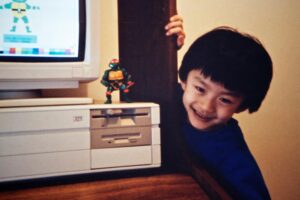
At the same time, I struggle to find similar examples of quieter heroes, characters who, like me, would freeze up in many social situations but could laugh and joke comfortably with close friends. There are many flavors of introversion; mine showed up as a deathly fear of doing or saying anything wrong; I blanked at impromptu questions and conversations. I envied other students who could socialize with seeming ease. But I also enjoyed my solitude, and recognized even then that I could spend hours quietly entertaining myself drawing Ninja Turtles in MS Paint. That instead of talking, I often preferred just listening, and observing.
My introversion was compounded, I think, by being an immigrant kid. My family moved around a lot in those years. I went to four different elementary schools and two different middle schools. I absorbed by osmosis the sometimes-unspoken credo of immigrant parents: Do your work and don’t make trouble. Through the grownups around me, and through the movies and shows I saw with Asian secondary characters, I internalized the myth of the model minority, of non-threatening exceptionalism being the key to survival and a good life. American culture sent me contradictory messages: that I was unique and special and could do or be anything I wanted—so long as it was a sidekick in someone else’s story.
Since those years, many more books have come along with protagonists who do look like me. But they rarely also mirror my introversion. Sometimes I’ll read a novel and notice a quiet, observant side character—a sibling, a friend—who turns out to be the one I most identify with in the whole book. I’ll wonder, what would the story be like if it were told from their perspective?
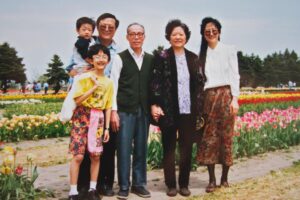
I’d like to say that I set out to write such a book, but The Many Masks of Andy Zhou came much more organically, from my moving back to Detroit in 2014 and being closer to my childhood experiences. I gradually remembered what it felt like to be me back then. In the novel, Andy is surrounded by big personalities. His grandparents come from Shanghai to visit for six months, and his dad is gung-ho on showing them a good ol’ American time. His best friend Cindy convinces him they should bleach their hair before the start of sixth grade—which goes well for Cindy and not so well for Andy. And his new science partner, Jameel, whose grief at losing a family member comes out as misdirected anger, initially misdirects it at Andy.
Andy’s sense of self is so clouded by what other people want for him that he can’t see what he wants, who he is. In the early chapters, he thinks outright: “What if you’ve never thought about what you want?” This veils what Andy does really want: For things to stay the same as they’ve always been. He is, I hope, as active and dynamic as any extroverted protagonist—only he’s active in his avoidance. He grapples with change, and discovers art and an artistic community as a means of holding space for the uncertainty that accompanies change. He learns both when and how to defend his quieter tendencies—and when and how to stretch beyond them. He connects with his Chinese American identity through a local lion dance team, and finds a place in the production crew of his school’s offbeat dance production of Lord of the Flies.
ADVERTISEMENT
ADVERTISEMENT
For me, as it is for Andy, art and performance made the difference. In following friends onto our high school’s public speaking team, I discovered I could perform. That I enjoyed performing. Performing too, was like putting on a mask. I had a script, but also room for safe improvisation. I could express a side of myself that I hid in most contexts, but that was still very much me. Later, I found similar qualities in fiction-writing. I could put on my extravert mask, for the duration of a novel, or for certain characters in that novel. Being a children’s author turned out to be a neat integration of art and performance—though I’ll still need days to recover after a string of school visits.
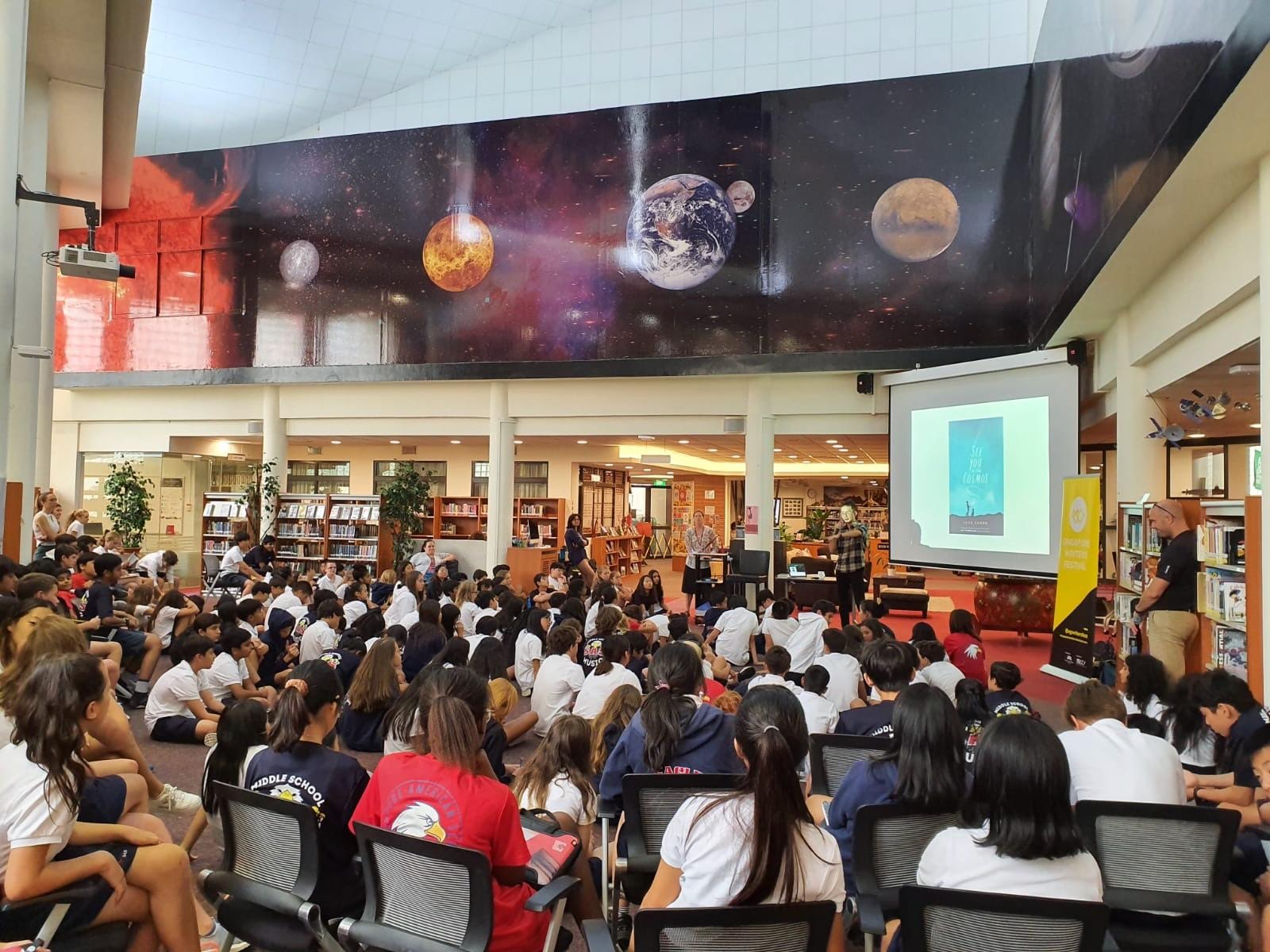
Since I started writing The Many Masks, I’ve found memorable introverted characters I would’ve loved to introduce to ten-year-old Jack. They’re characters called to speak up, in the case of Virgil Salinas in Hello Universe. Or called to be honest about their needs and mistakes, like Yumi Chung in Stand Up, Yumi Chung! Susan Cain’s Quiet Power, published in 2016, also presents young readers with real-world examples of introverted kids—and the tools they’ve found to navigate a world not made for them. My hope is that shy and quiet readers, particularly Asian American ones, will recognize parts of themselves in Andy Zhou.
But I hope that books like these reach not just introverted kids. Because shy and quiet characters can be their own masks: They can help extroverted readers see the benefits of self-reflection and deliberation. See the power in listening, and observing. They can give those readers, too, a different way of experiencing the world. A way to try on, for the duration of a story, a new identity.
Many thanks to Jack for today’s post and to Kaitlin Kneafsey for helping to put it all together. The Many Masks of Andy Zhou is currently on bookstore and library shelves everywhere. Check it out!
Filed under: Guest Posts
About Betsy Bird
Betsy Bird is currently the Collection Development Manager of the Evanston Public Library system and a former Materials Specialist for New York Public Library. She has served on Newbery, written for Horn Book, and has done other lovely little things that she'd love to tell you about but that she's sure you'd find more interesting to hear of in person. Her opinions are her own and do not reflect those of EPL, SLJ, or any of the other acronyms you might be able to name. Follow her on Twitter: @fuseeight.
ADVERTISEMENT
ADVERTISEMENT
SLJ Blog Network
Magda, Intergalactic Chef: The Big Tournament | Exclusive Preview
Fifteen early Mock Newbery 2026 Contenders
When Book Bans are a Form of Discrimination, What is the Path to Justice?
ADVERTISEMENT



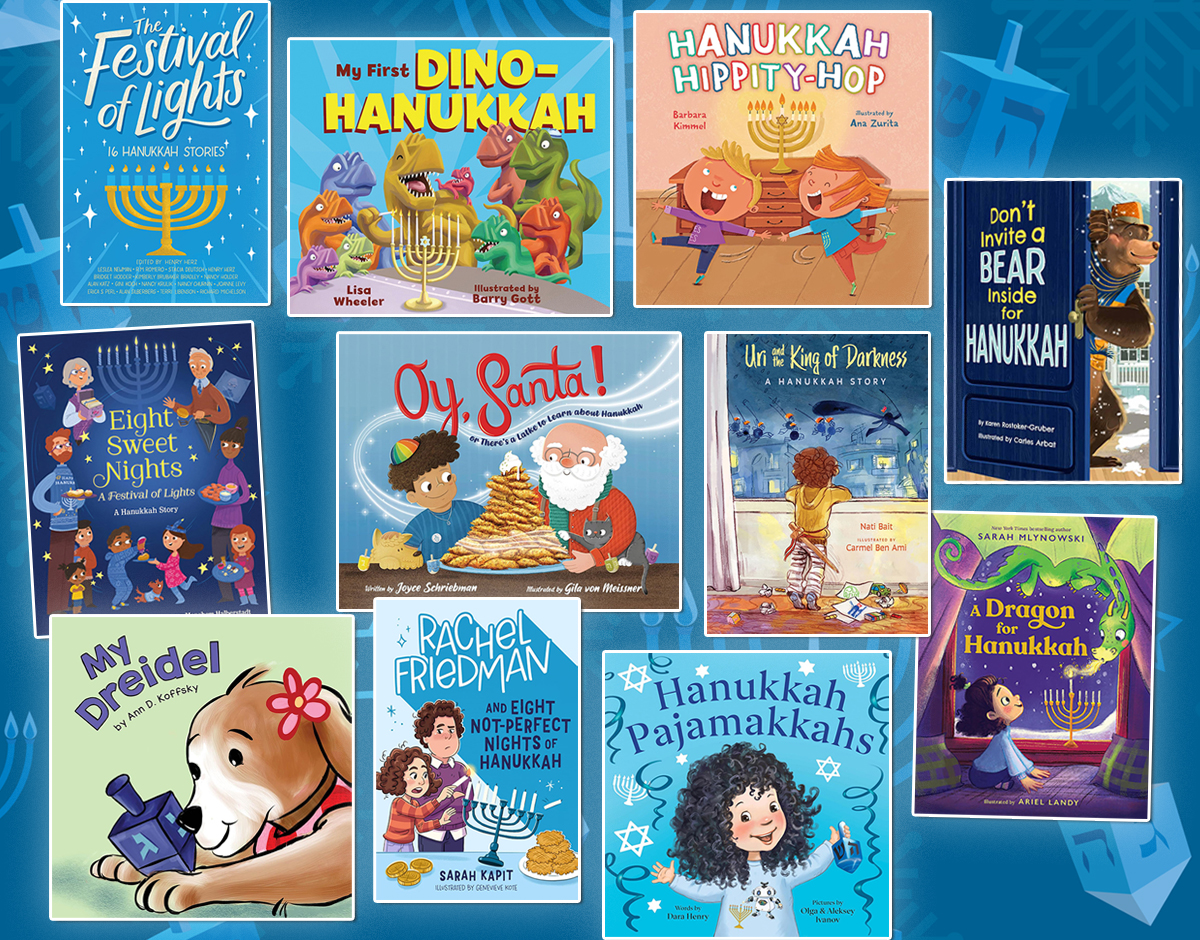
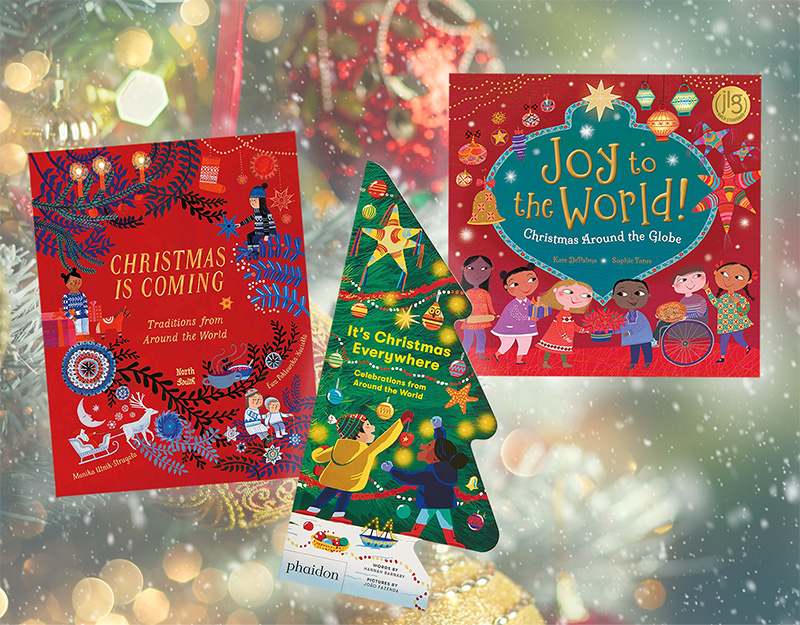
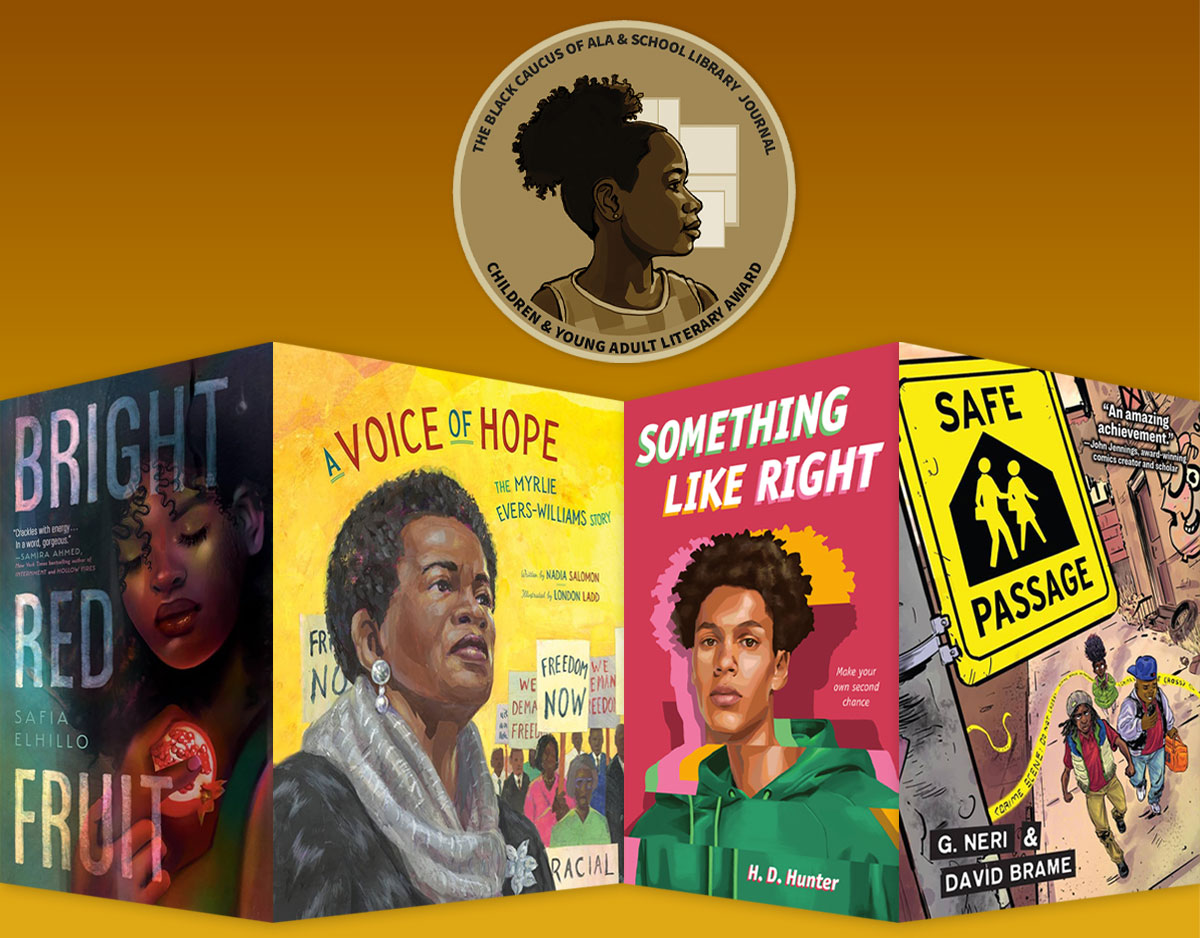

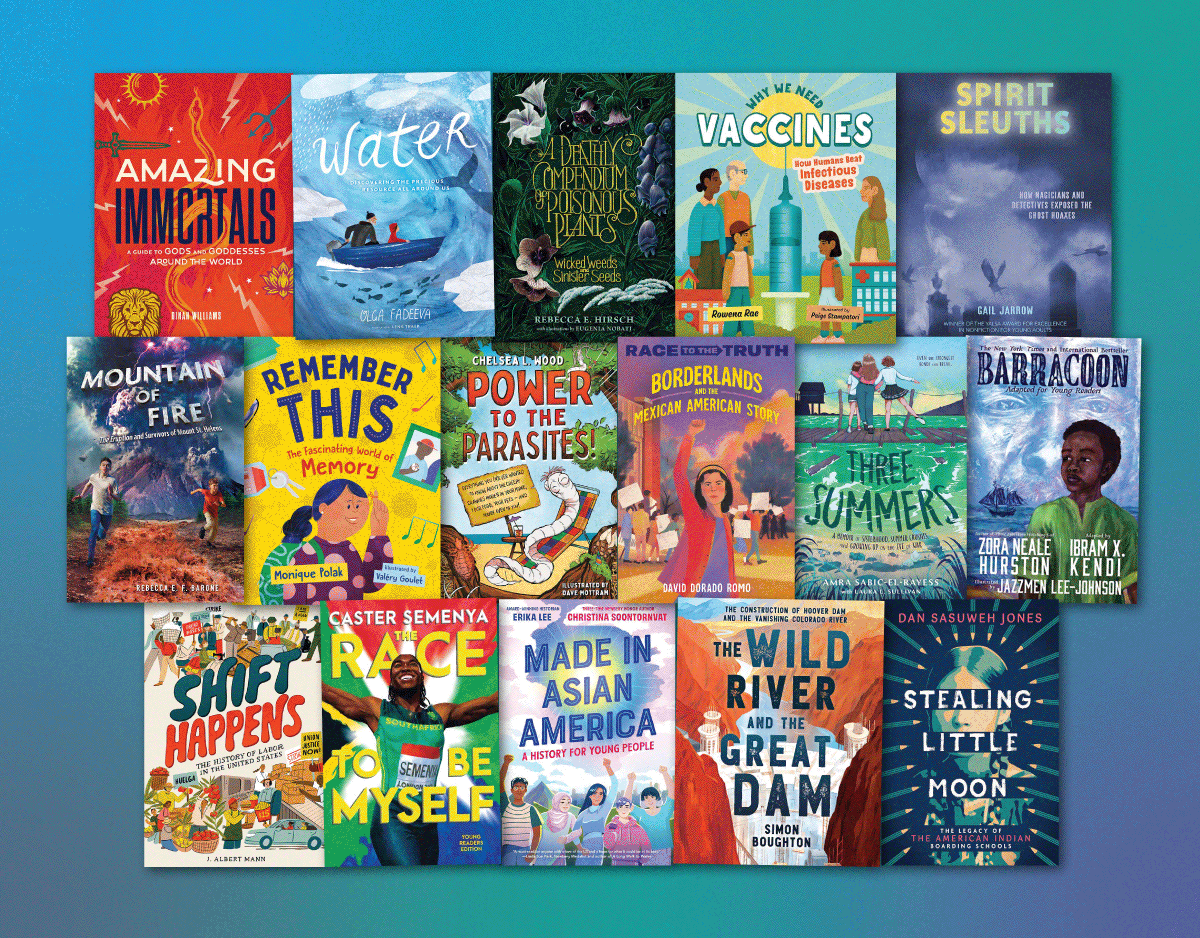
Thank you for sharing this and for writing this book! I too struggled with the concept of being a quiet kid ie not-a-good-book-character as a child and with figuring out how to WRITE such a character as an adult. “He is, I hope, as active and dynamic as any extroverted protagonist—only he’s active in his avoidance”– just made my brain do the mind-blown meme, I could feel it spreading out!